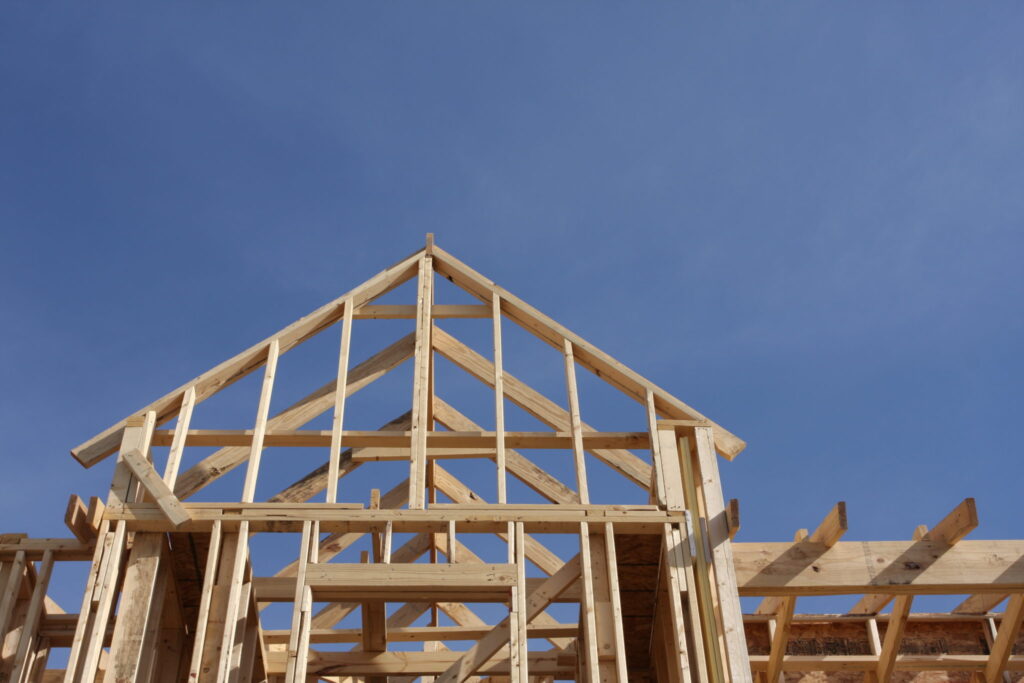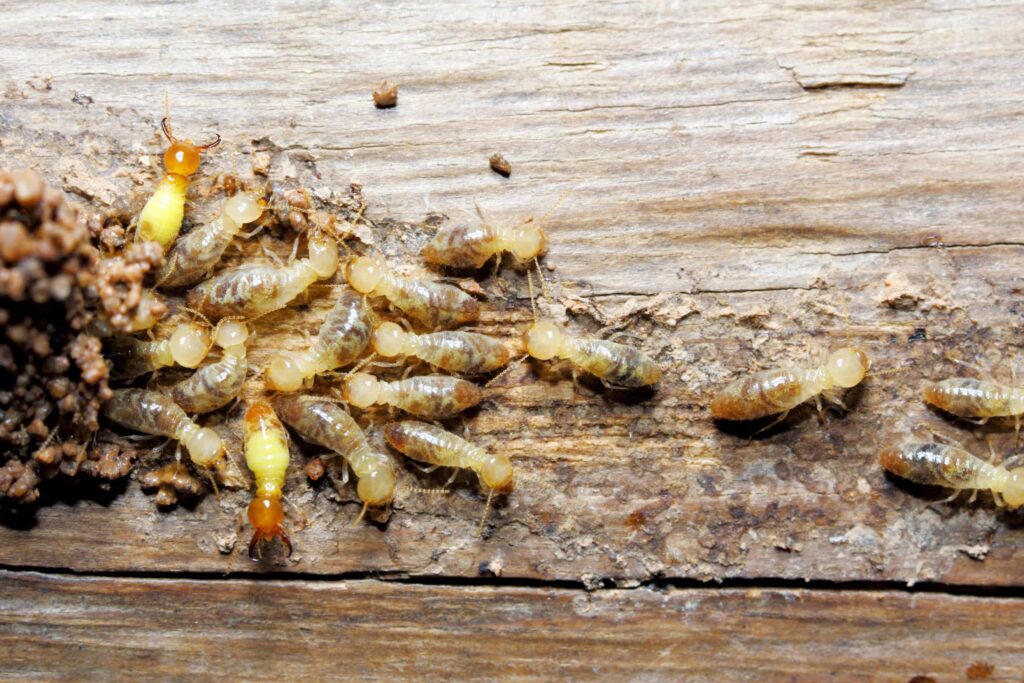Termites are often referred to as “silent destroyers,” as they can cause significant damage before homeowners even realize they are present. In Penrith, where the climate is conducive to termite infestations, understanding the importance of regular inspections is crucial for protecting properties. This article will explore the hidden dangers of termite infestation, the inspection process, effective prevention techniques, what to do post-inspection, and the costs associated with neglecting termite care.
Understanding the Importance of Termite Inspection
Regular termite inspection penrith are an essential aspect of home maintenance. These inspections not only help in early detection but also play a vital role in the long-term preservation of property value.
The Hidden Dangers of Termite Infestation
Termites feed on cellulose, which is found in wood and other plant materials. Often, infestations can occur out of sight, within walls or underground, leading to extensive damage before it becomes visible. Signs such as mud tubes, discarded wings, or hollow-sounding wood indicate the presence of termites.
Moreover, termite damage is not merely cosmetic. It can compromise the structural integrity of your home, leading to potentially life-threatening situations. Recognizing these dangers emphasizes the importance of timely inspections. The sheer speed at which termites can cause destruction is alarming; a colony can consume a significant amount of wood in just a few months. This rapid deterioration underscores the necessity for homeowners to be vigilant and proactive in seeking professional assessments, especially in areas prone to termite activity.

How Termites Can Devalue Your Property
When a home is known to have suffered from termite damage, its market value can plummet. Prospective buyers often perceive homes with a history of termite issues as risky investments. Even homes that have been treated for termites may face reduced value due to lingering suspicions among buyers.
Additionally, properties with active infestations can be more challenging to insure. Home insurance often excludes damage caused by termites, leading to financially burdensome repairs falling solely on the homeowner. The financial implications extend beyond immediate repairs; the cost of fumigation and other treatments can be substantial, often running into thousands of dollars. Furthermore, the potential for future infestations can lead to increased anxiety for homeowners, making it crucial to have regular inspections as part of a comprehensive home maintenance plan. By investing in preventive measures and inspections, homeowners can safeguard their properties, ensuring peace of mind and protecting their investment for years to come.
The Process of Termite Inspection in Penrith
The termite inspection process is thorough and typically involves both interior and exterior evaluation of the property. Understanding this process helps homeowners know what to expect and how to prepare.
What to Expect During a Termite Inspection
During a termite inspection, a qualified inspector will evaluate key areas of your home, including the foundation, crawl spaces, attics, and any landscaping that contacts the building. They will look for signs of existing infestations and possible entry points.
Inspections usually take about 1-2 hours, depending on the size of the property. Homeowners are encouraged to accompany the inspector to gain insights about potential threats to their homes. This interactive experience not only helps in understanding the current condition of the property but also allows homeowners to ask questions and clarify any concerns they might have regarding pest control and prevention strategies.
Additionally, inspectors may provide a detailed report post-inspection, highlighting any areas of concern, the severity of any infestations, and recommendations for treatment. This documentation can be crucial for homeowners, especially if they are considering selling their property or if they are in the process of purchasing a new home. Read about the commonly asked questions about termite inspections at http://extension.msstate.edu/content/common-questions-about-termites-and-termite-control
The Role of Professional Termite Inspectors
Professional termite inspectors are trained to recognize the subtle signs of infestation that the average homeowner might overlook. They utilize specialized tools, such as moisture meters and infrared cameras, to detect conditions favorable for termite activity.
Furthermore, these experts can offer recommendations for remedial actions based on their findings, equipping homeowners with the knowledge needed to safeguard their valuable investments. They may suggest preventive measures, such as improving drainage around the home, reducing wood-to-soil contact, or applying chemical treatments to deter future infestations. Understanding these preventive strategies can empower homeowners to take proactive steps in maintaining the integrity of their property, ultimately saving them from costly repairs and extensive damage down the line.
Prevention Measures: Keeping Your Home Safe from Termites
Once you understand the inspection process, it’s time to think about how to prevent termite infestations from occurring in the first place. Implementing proper prevention measures can save money and potential heartache in the future.
Regular Inspection: A Key to Termite-Free Homes
One of the most effective ways to prevent termite infestations is through regular inspections. Even if you do not see any signs of termites, a bi-annual or annual inspection can help catch problems before they escalate.
Many pest control companies in Penrith offer maintenance plans, which can provide peace of mind and ensure that your home remains termite-free. These plans often include not just inspections, but also preventative treatments that can be applied to vulnerable areas of your home, creating a protective barrier against these destructive pests.
Effective Termite Prevention Techniques
There are several practical measures homeowners can take to deter termites. These include:
Ensuring that wooden structures are properly treated and sealed.
Maintaining proper drainage away from your home’s foundation.
Removing wood debris from the yard and keeping firewood elevated and away from the house.
Sealing cracks and crevices in the foundation.
Using physical barriers such as steel mesh during construction.
By implementing these techniques, you can significantly lower the risk of a termite infestation. Additionally, consider landscaping choices that deter termites; for instance, using gravel instead of mulch can reduce moisture retention, making your yard less inviting to these pests. Furthermore, installing a moisture barrier in crawl spaces can help keep the area dry and less conducive to termite activity, as these insects thrive in humid environments.
Another effective strategy is to educate yourself about the signs of termite activity. Knowing what to look for, such as mud tubes, discarded wings, or hollow-sounding wood, can help you catch an infestation early. Engaging your family in this awareness can create a proactive approach to home maintenance, ensuring that everyone is vigilant and informed about the potential threats that termites pose. By fostering an environment of awareness and taking these preventative steps, you can protect your home and investment from the hidden dangers of termites.
Post-Inspection: What Happens Next?
After an inspection, understanding the results and the available treatment options is essential for any homeowner. This will help in deciding the best course of action to protect your home.
Interpreting Your Termite Inspection Report
Your termite inspection report will detail any findings from the inspection, including evidence of active infestations, previous damage, and recommendations for treatment or further monitoring.
It’s important to read this report carefully and ask your inspector any questions necessary to fully understand the implications of their findings. This will ensure you make informed decisions going forward. Additionally, it may be beneficial to keep a copy of this report for your records, as it can serve as a reference point for future inspections or treatments. Understanding the severity of the infestation and any structural damage can also help you prioritize repairs and treatments, ensuring that your home remains a safe and comfortable environment.
Termite Treatment Options in Penrith
If termites are found, treatments typically fall into two categories: baiting and liquid insecticide treatments. Baiting systems use slow-acting insecticides that termites consume and take back to their colonies, ultimately affecting the population.
Liquid treatments, on the other hand, involve applying insecticides directly into the soil surrounding your home to create a chemical barrier. The choice between these options depends on the level of infestation, property layout, and personal preferences. Moreover, it’s essential to consider the environmental impact of the chosen treatment. Many homeowners are now opting for eco-friendly solutions that minimize harm to beneficial insects and the surrounding ecosystem. Consulting with a pest control professional can help you navigate these options, ensuring that you select a treatment that effectively addresses the infestation while aligning with your values and concerns about environmental safety. Click here to learn about the commonly used methods for termite treatment.
The Cost of Neglect: Why You Can’t Afford to Skip Termite Inspections
Neglecting termite inspections can lead to significant financial repercussions. The costs associated with repairing termite damage can be staggering, often running into thousands of dollars.

The Financial Impact of Termite Damage
On average, homeowners can expect to spend between $3,000 and $8,000 on termite damage repairs, depending on the severity of the infestation. This cost might include structural repairs, cosmetic updates, and the implementation of effective pest control measures.
Moreover, these figures do not account for lost property value or increased insurance premiums due to a history of infestation. In many cases, homes that have suffered from termite damage may be viewed as less desirable on the market, leading to a decrease in overall property value. Potential buyers often shy away from homes with a known history of pest issues, which can leave sellers in a difficult position when trying to recoup their investments.
Peace of Mind: The Non-Monetary Benefits of Termite Inspection
Besides the financial aspects, regular termite inspections provide peace of mind. Knowing that your home is protected from these silent invaders allows you to focus on what truly matters in life.
Homeownership is about creating a safe and welcoming environment for you and your loved ones. By prioritizing termite inspections, you are investing not just in your property, but in your family’s comfort and well-being. Furthermore, a proactive approach to pest management fosters a sense of responsibility and care for your living space, which can enhance your overall quality of life. When you know that your home is secure, you can enjoy your time with family and friends without the looming worry of potential infestations. Regular inspections also allow homeowners to catch any early signs of trouble, ensuring that any issues are addressed before they escalate into more serious problems.
Additionally, many pest control companies offer comprehensive services that include not only inspections but also preventative treatments. These services can further enhance your peace of mind, as they create a protective barrier around your home, significantly reducing the risk of future infestations. By investing in these preventative measures, you are not only safeguarding your property but also contributing to a healthier living environment for your family. The importance of maintaining a pest-free home cannot be overstated, as it plays a crucial role in the overall health and safety of your household.
Related : Understanding Termites in Sydney: How to Identify and Manage Infestations





